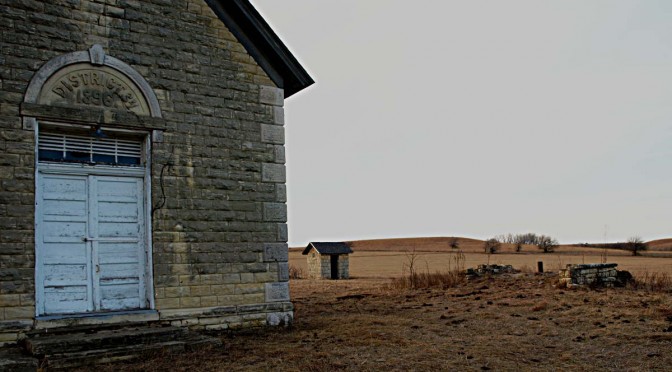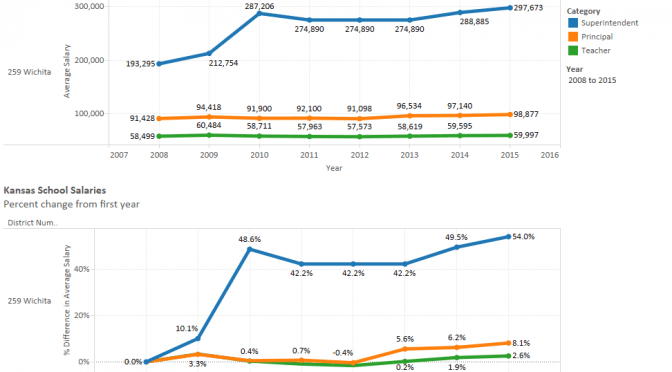Tag: United Teachers of Wichita
-

Wichita teachers union president on video
The president of United Teachers of Wichita has been caught on video expressing thoughts that can’t be comforting to Wichita parents with children in the state’s largest school district.
-

Kansas teachers union opposes bill that empowers teachers
Kansas National Education Association, the state’s teachers union, opposes a bill that empowers teachers.
-

In Kansas, teachers unions should stand for retention
A bill requiring teachers union to stand for retention elections each year would be good for teachers, students, and taxpayers.
-

Wichita teacher salaries compared
If Wichita public school teachers seem to be unhappy with their pay, there’s a reason why.
-
Wichita teacher contract: For union members only?
In a pitch to increase union membership, United Teachers of Wichita promotes an exclusive benefit: The ability to read the employment contract.
-
Teachers union members to be proud of
When we observe the actions of teachers, we’re correct to wonder if they’re acting as citizens, or as teachers representing their school districts, or as union members, or in some other role.
-
Wichita teacher labor kerfuffle illustrates the problem
A dispute over teacher working conditions in USD 259, the Wichita public school district, provides a window into the workings of the public school system and its problems. There is a way out, but it’s not happening in Kansas.
-
Kansas and Wichita quick takes: Monday February 14, 2011
Today: KRA guide to elected officials; Wichita Eagle voter guide; campaign signs; Rasmussen polls; organ recital; funny campaign stuff; Wichita teachers union contract; what public sector union leaders think; city council candidates to meet; politicians’ Top 10 Promises Gone Wrong.
-
Kansas legislative forums should be for citizens
Kansas legislative forums are designed for citizen participation, but taxpayer-funded agencies appeared, too.